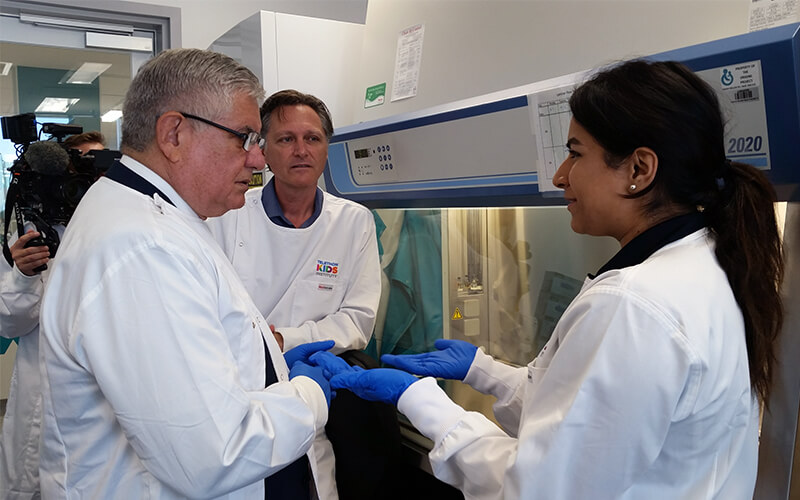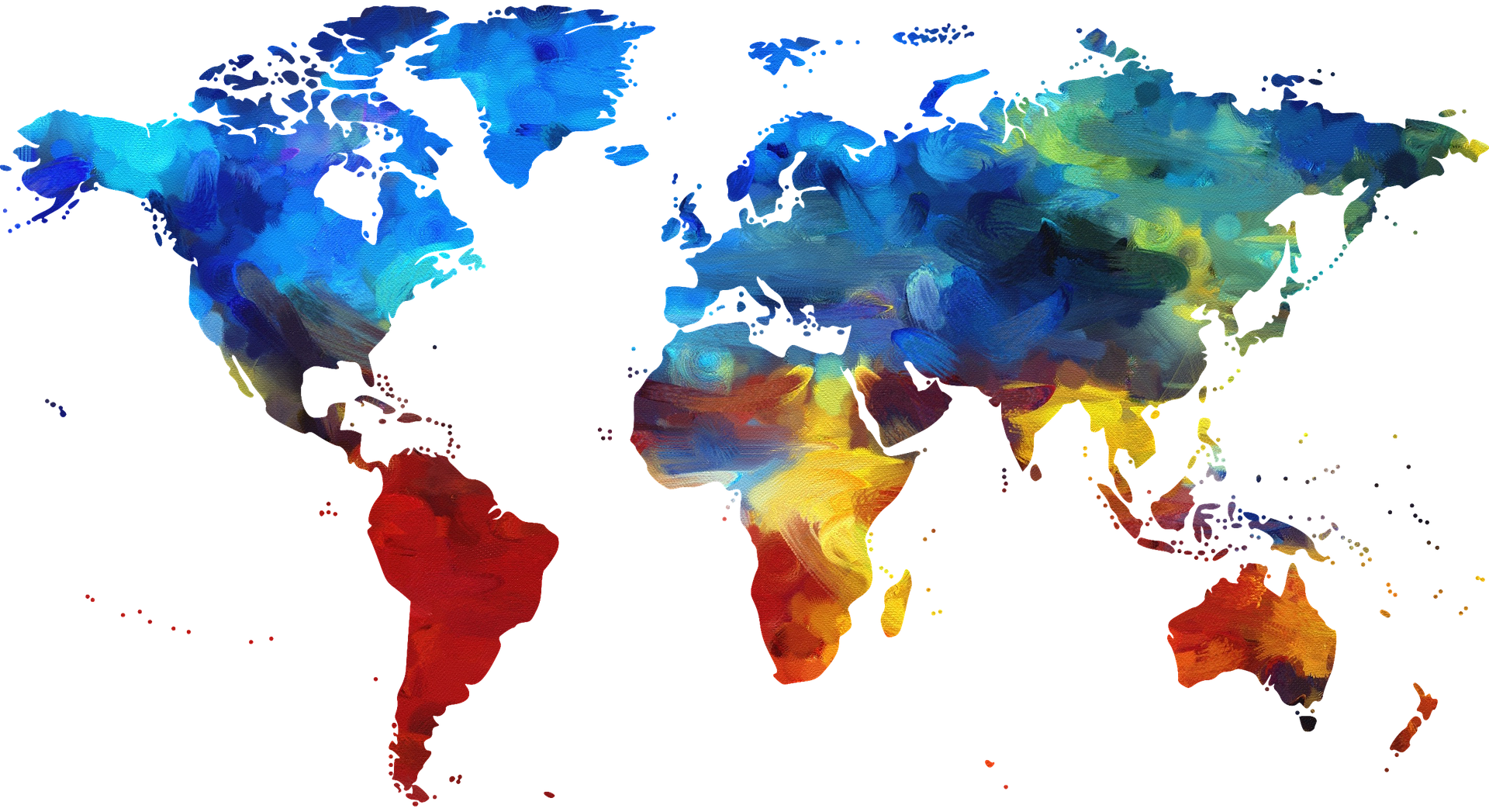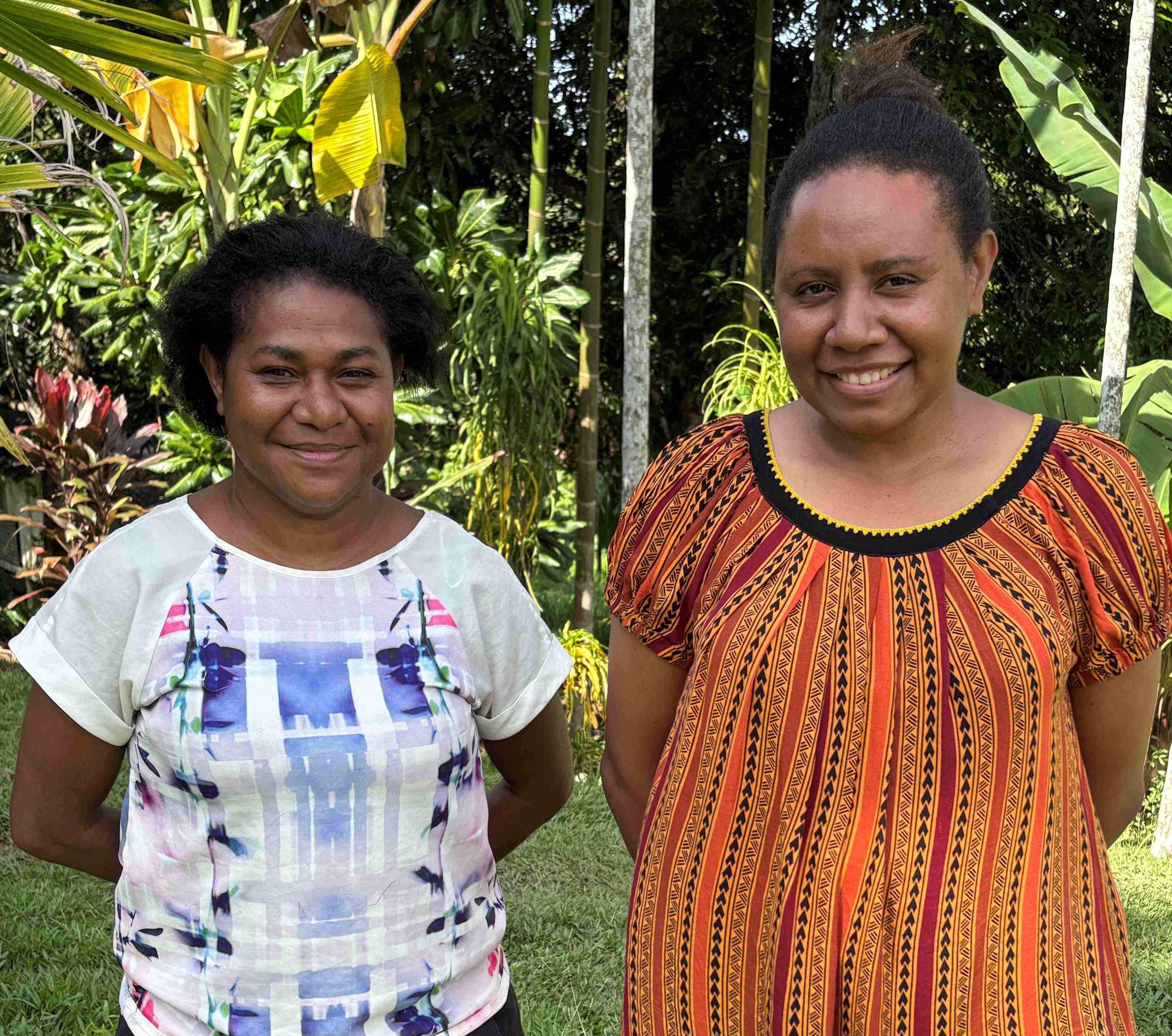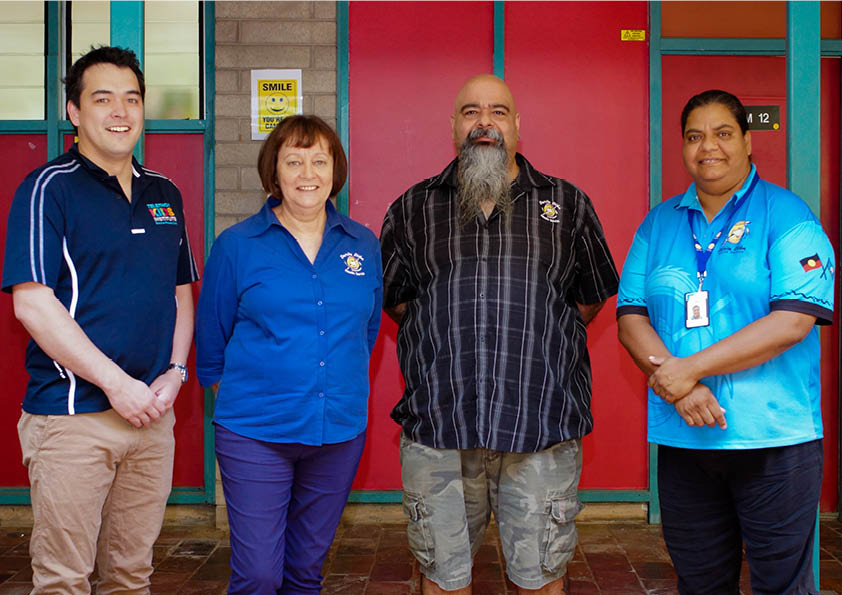Search
Research
Haemophilus influenzae remains the predominant otitis media pathogen in Australian children undergoing ventilation tube insertion in the PCV13 eraUnderstanding patterns of bacterial carriage and otitis media (OM) microbiology is crucial for assessing vaccine impact and informing policy. The microbiology of OM can vary with geography, time, and interventions like pneumococcal conjugate vaccines (PCVs). We evaluated the microbiology of nasopharyngeal and middle ear effusions in children living in Western Australia, 11 years following the introduction of PCV13.
Research
Evaluating the impact of the ‘Blow, Breathe, Cough’ health promotion intervention in resolving otitis media with effusion in children: An adaptive randomized-controlled trial protocolOtitis media with effusion (OME) affects hearing, speech development, and quality of life (QoL) in children. The 'Blow, Breathe, Cough' (BBC) intervention promotes nasal, respiratory, and middle ear clearance through nose blowing, deep breathing, coughing, and hand hygiene. It shows promise in resolving OME but lacks randomized-controlled trial (RCT) evaluation. This paper presents a RCT protocol evaluating BBC's effect on OME resolution, hearing, speech, and QoL in children aged two to seven years.

News & Events
National funding for bright ideas targeting ear infections and dangerous fungiTwo projects led by The Kids Research Institute Australia have been awarded more than $2.5 million to fund innovative ideas focused, respectively, on combating persistent ear infections and investigating how dangerous fungi invade the bodies of immunocompromised people.

News & Events
$35 million to develop vaccine with potential to save half a million lives per yearA vaccine to prevent rheumatic heart disease (RHD) and other life-threatening conditions caused by the common Strep A bacteria is a step closer thanks to funding announced by Minister for Indigenous Health, Hon Ken Wyatt AM, MP, in Perth today.

News & Events
The Kids Research Institute Australia leads WA arm of Australia’s first needle-free COVID-19 vaccine studyEnrolments for Australia’s first needle-free, gene-based COVID-19 vaccine study – to be led in WA by The Kids Research Institute Australia – are open.

News & Events
Australian-first study set to unveil major impact of ear disease on Aboriginal childrenResearchers from The Kids Research Institute Australia have been awarded a $1.1 million NHMRC ‘Targeted Call for Hearing Health’ grant to conduct the first ever study following Aboriginal babies from birth through to five years to uncover the true prevalence of middle ear infections and hearing loss.

News & Events
The Kids Research Institute Australia researchers discover new form of antimicrobial resistanceAustralian researchers have uncovered a new form of antimicrobial resistance (AMR) – undetectable using traditional laboratory testing methods – in a discovery set to challenge existing efforts to monitor and tackle one of the world’s greatest health threats.

News & Events
Universal protocols for Strep A surveillance set to transform research for world-first vaccineA global consortium of Group A Streptococcus (Strep A) researchers has launched a series of best practice surveillance protocols designed to unite international research efforts for a world-first Strep A vaccine.

News & Events
Research award recipients making great progress in PNGTwo infectious disease researchers from Papua New Guinea (PNG) dedicated to reducing rates of childhood mortality in their home country are making significant advances thanks to support from the Deborah Lehmann Research Award (DLRA).

News & Events
New RHD research collaboration with Danila Dilba Health ServiceThe Kids Research Institute Australia and Menzies School of Health Research have joined forces with Danila Dilba Health Service to look at improving treatment for RHD.
